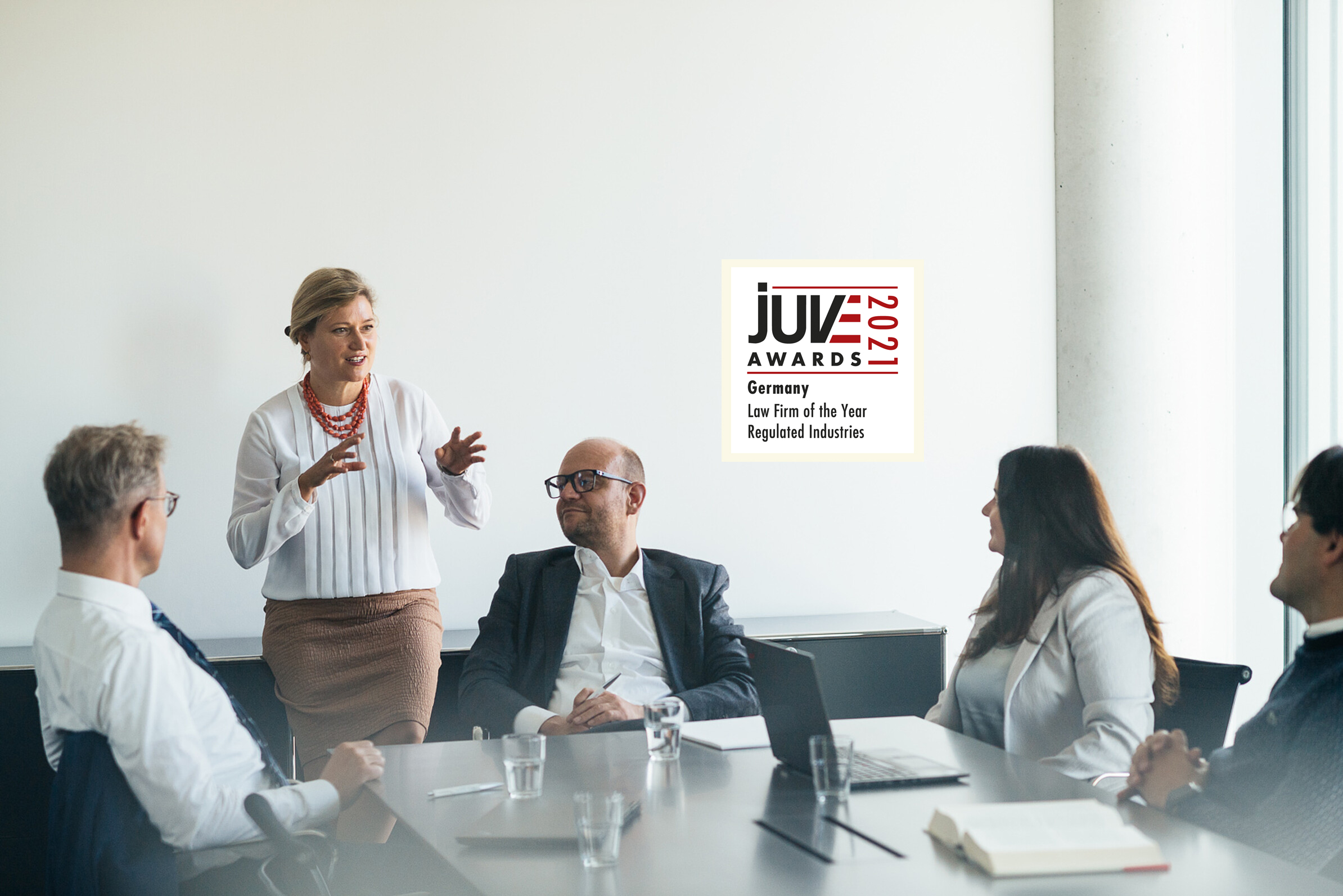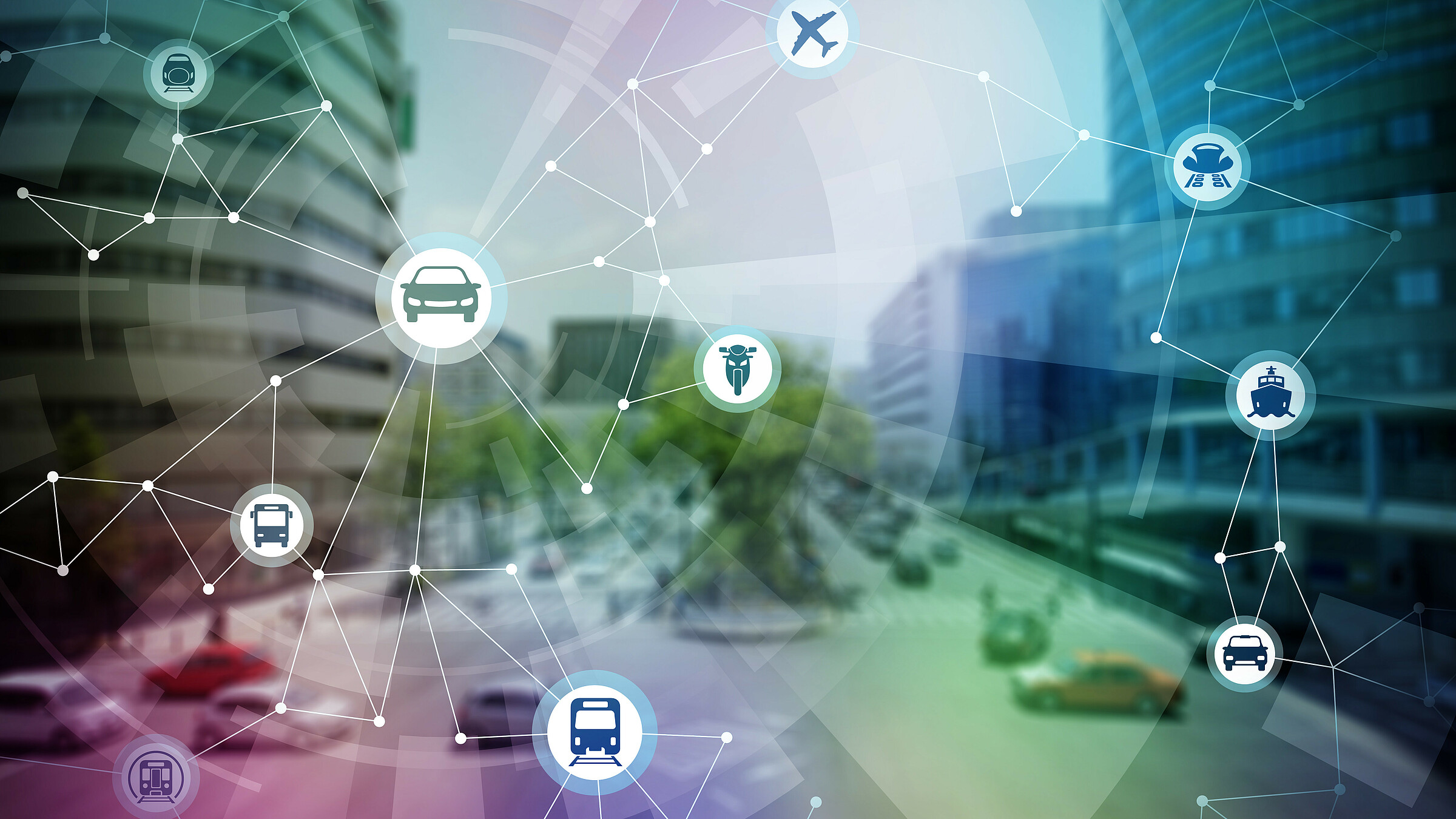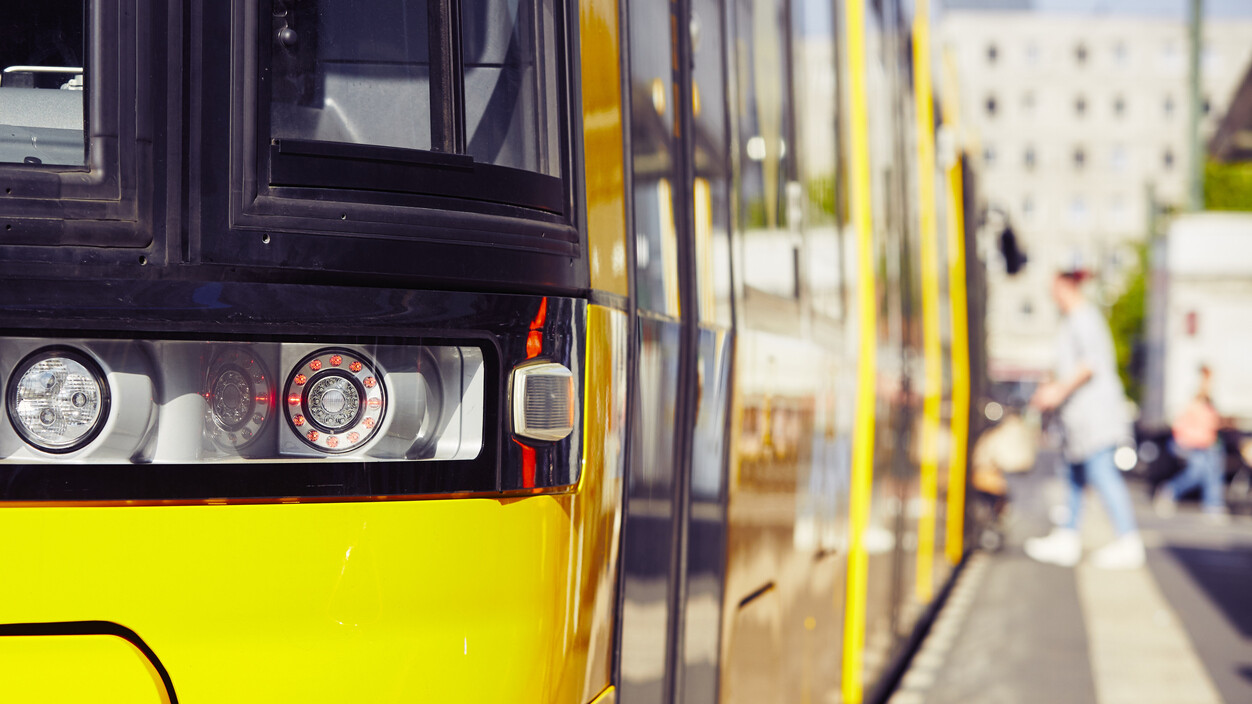
Mobility
The mobility market is in a state of upheaval and is developing dynamically. Orth Kluth's specialised "Mobility" team combines legal expertise with many years of industry knowledge and technical understanding. Interdisciplinary legal advice results in pragmatic solutions.
Mobility in transition
The mobility industry is currently experiencing a dynamic driven by various factors. In addition to new personal needs, it is primarily the traffic turnaround and digitalisation that are leading to a transformation of the mobility sector and more awareness in people's mobility behaviour. New business models, forms of mobility and alternative drives are being developed, while at the same time more and more start-ups are actively shaping the change. Digitalisation is the basis and important driver of an increasingly networked mobility world.
Long-term contracts are characteristic of the awarding of tenders in rail transport. Companies that want to enter the market for the first time or maintain their competitive position are under pressure to win contracts through tenders. On the one hand, price plays a decisive role. On the other hand, they have to increase the attractiveness of their products and services. Service offerings such as WLAN access, eTicketing and mobility apps as well as intelligent maintenance management systems and new drive technologies are decisive competitive factors.
These developments pose major challenges for all players in the market. Transport companies as well as federal states and municipalities, which are responsible for the organisation of local transport, must adapt to this change and align their processes accordingly. Thus, public transport authorities have to take the new mobility developments into account in their tendering and distribution models. In freight transport, there is a demand for a greater shift of traffic to rail, which is becoming an important part of the changing mobility structures across all transport modes. Mobility app operators are working to digitally link the different transport sectors and new mobility solutions. Across the entire mobility sector, alternative drives and energy sources are being used, the production and use of which depends on the development and operation of corresponding (charging) infrastructures.

Full service and extensive industry knowledge
Orth Kluth has many years of experience in the field of conventional and new mobility, including local transport (SPNV, ÖPNV), long-distance transport, rail freight transport and the use of alternative drives (hydrogen, electromobility). Whether start-ups, state railways, market leaders from the private rail freight sector, public authorities or infrastructure operators - Orth Kluth has advised and represented renowned players in the industry in the most diverse constellations. We have known and observed the market and relevant developments for many years; we know the players and the respective requirements.
The specialised "Mobility" team is composed as a cross-section of all relevant practice groups, i.e. specialised lawyers from each practice group advise you with particular competence in the field of mobility. In this way, we combine legal expertise with industry competence (best practice principle). As a client, you have one contact person, but you benefit from the know-how and experience of a full-service commercial law firm.
In addition to questions of contract law, we consider in particular regulatory and antitrust law, public procurement and state aid law, liability law (settlement of claims), employment law and corporate law (formation, restructuring, liability issues). However, we are also able to call in other specialists for complex projects, for example from the areas of IP/IT law, environmental and planning law, insurance law and compliance.

Our competencies
Public Transport
We advise public transport companies on all legal issues relating to market access, such as route concessions and the awarding of transport contracts. We advise public transport authorities and transport associations on passenger transport law, public procurement law and state aid law (including Regulation (EC) 1370/2007). We advise you on the conclusion of tariff and distribution cooperation agreements and support you if a conflict arises between the parties. We are just as familiar with infrastructure utilisation fees (train paths, stations) as we are with energy procurement, including the use of alternative drives.
Local and long-distance rail passenger transport
In local and long-distance rail passenger transport (SPNV and SPFV), many stakeholders come together in various contractual and interdependent relationships: manufacturers of rail vehicles and their suppliers, rail transport and rail infrastructure companies, financing service providers, supervisory and licensing authorities and, last but not least, the passengers. In regional rail transport, the public transport authority is a special player.
Long-term contracts are characteristic of tenders in rail transport. Companies that want to enter the market for the first time or maintain their competitive position are under pressure to win contracts in tendering procedures. On the one hand, price plays a role, on the other hand, increasing the attractiveness of their products and services. Here, service offers such as WLAN access, eTicketing and mobility apps as well as intelligent maintenance management systems and new drive technologies are decisive competitive factors.
Rail freight transport
In rail freight transport (SGV), there is a high degree of dependency in the service relationships from the shipper via the transport company to its upstream providers (vehicles, financing, traction current) and the infrastructure operators. In addition, the increasing requirements for compliance with safety, environmental and noise protection concerns must be taken into account. Especially in cross-border transport, there are also a large number of licensing and liability issues.
We advise players in rail freight transport on all issues of network access, with a focus on tariff regulation and train path allocation, as well as in cases of discrimination against private railway undertakings. We conduct proceedings for our clients before the Federal Railway Authority, the Federal Network Agency and the Federal Cartel Office and assist them in enforcing or defending regulatory claims. Furthermore, we review or draft terms of use for both the rail network and transport-related service facilities.

Infrastructure
In the field of infrastructure, not only operators of railway lines but also operators of service facilities, such as maintenance facilities and workshops in particular, are facing new challenges. Here we advise in particular in the industrial sector (terminals, transhipment stations, factory operations) of industrial parks and of factory railways. We deal with Regulation (EU) 2017/2177 just as confidently as with other current developments (e.g. the regulatory requirements under the ERegG, including the transitional arrangements under Section 81 ERegG) and the requirements of the Federal Network Agency.
Electric mobility
The requirement for advice on the regulatory framework of electric mobility is steadily increasing. Our lawyers have been dedicated to this development since the beginning. We provide competent advice on the contractual design of service relationships in the field of electromobility.
This is where all questions of the use of electric mobility in the public sphere come together, e.g. access to charging stations, the development of infrastructure in cities, contractual relationships when charging at public stations and on funding opportunities. We advise on all related issues, including the design of non-discriminatory access, charging invoicing and obtaining any necessary permits. We also participate in any determination procedures of the Federal Network Agency and assert your claims on your behalf.
Transport Turnaround / New Mobility
The transport turnaround - as part of the energy turnaround - is based in particular on the goal of saving CO2 emissions in the mobility sector and creates new challenges for all market partners. These include the establishment of alternative forms of service, mobility in rural areas, new mobility approaches and laws of the federal states, but also new funding opportunities. We advise companies on how to adapt their situation to these new developments. In doing so, we take care of the necessary contract design, advise on passenger transport law and obtain any necessary permits. We also support mobility app providers in networking the various transport sectors and in linking different mobility approaches.
Energy
In the course of the energy transition, there are more and more points of contact between energy and transport issues. But even in "conventional" transport there is a great need for advice on the subject of energy. For example, not only rail freight transport, but also regional and local passenger transport is dependent on a continuous energy supply.
We advise rail transport companies comprehensively on the supply of traction current and the design of the necessary network access contracts with DB Energie GmbH. We are familiar with the allocation processes and advise on the billing of energy volumes. We participate in the consultation procedures of the Federal Network Agency on the grid access model and implement your ideas. We also review contracts with the respective energy supplier on behalf of our clients. We have many years of expertise in the use of alternative forms of propulsion, such as batteries or hydrogen, and advise on all related issues, including contractual, licensing and regulatory issues.

Our Mandates
Transport Companies
We advise
- in contracts for the procurement of vehicles including maintenance (also in availability models and with new drive technologies as well as autonomous vehicles),
- in questions of access to infrastructure (rail, service facilities, terminals, etc.) and the level of charges, securing train paths through framework agreements, punctual provision of services and compensation in the event of late provision,
- in the participation in tenders but also in the execution of procurements through tenders,
- in the conclusion of traction power contracts and access to traction power networks,
- in tariff and distribution cooperation and in the resolution of disputes and also in the settlement of accidents,
- in the use of alternative forms of propulsion.
Vehicle and Component Manufacturers
Here we support
- in the drafting and negotiation of legally secure contracts for the supply of vehicles and their maintenance,
- in performance and price changes, interfaces, approval risks, project milestones, acceptance criteria and in questions of liability.
Task Manager
These entrust us
- with the comprehensive legal design of tendering models in regional rail passenger transport, including vehicle procurement for a vehicle pool,
- but also in the design of distribution models, legal support in the preparation of local transport plans and the legally secure design of the use of alternative forms of propulsion.
Automotive Financiers and Leasing Companies
Our mandates find financing experts in the Orth Kluth team who help to select and implement the right model.
Ministries and Associations
In legislative procedures, these rely on expert knowledge - for example in the form of expert opinions or procedural representations - from our law firm.
Infrastructure Managers and Infrastructure Companies
We advise on all legal issues
- around ensuring access for competitors,
- in the establishment of terms of use,
- in the implementation of remuneration and incentive systems,
- as well as in questions of conversion, decommissioning, de-designation and dismantling of train paths.
Start-ups
Start-ups mandate us
- with all legal issues relating to electromobility and other alternative forms of propulsion,
- in the construction and use of charging infrastructure
- and in the legally compliant design of mobility platforms.

